In the realm of diabetes management, making informed decisions about the food we consume plays a crucial role in maintaining blood sugar levels. Dry roasted peanuts, a flavorful and crunchy snack enjoyed by many, have garnered attention for their potential health benefits. But for individuals managing diabetes, the question arises – are dry roasted peanuts a suitable snack choice? In this comprehensive guide, we delve into the relationship between dry roasted peanuts and diabetes, exploring their nutritional profile, glycemic index, and impact on blood sugar levels. **Understanding Diabetes and Dietary Considerations** Diabetes, a chronic condition characterized by high levels of blood glucose, requires individuals to monitor their diet closely to keep their blood sugar levels in check. Nutrition plays a key role in diabetes management, with a focus on balancing carbohydrates, proteins, and fats to prevent spikes in blood sugar.
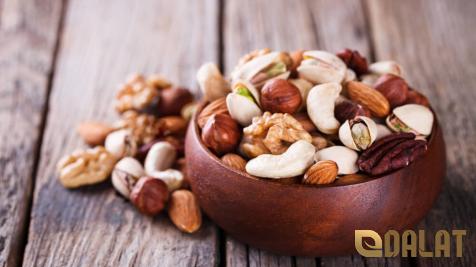
.
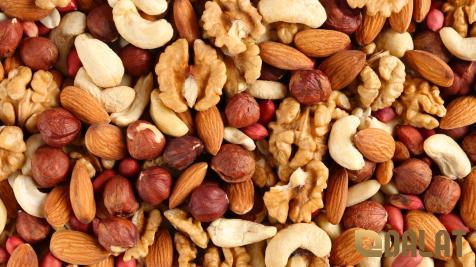 For individuals with diabetes, choosing snacks that are low in carbohydrates, have a moderate glycemic index, and provide essential nutrients is essential. **Nutritional Profile of Dry Roasted Peanuts** Dry roasted peanuts are a popular snack choice known for their satisfying crunch and rich flavor. These legumes are a good source of protein, healthy fats, vitamins, and minerals. A one-ounce serving of dry roasted peanuts (approximately 28g) typically provides: – Protein: around 7g – Fat: about 14g (mostly monounsaturated and polyunsaturated fats) – Fiber: around 2g – Calories: approximately 170 Additionally, dry roasted peanuts contain essential nutrients such as vitamin E, magnesium, phosphorus, and potassium. While peanuts are energy-dense due to their fat content, they can be a satiating snack that helps curb hunger between meals. **Glycemic Index of Dry Roasted Peanuts** The glycemic index (GI) is a scale that ranks carbohydrate-containing foods based on their impact on blood sugar levels. Foods with a lower GI are digested and absorbed more slowly, leading to a gradual rise in blood glucose levels. Dry roasted peanuts have a low glycemic index, typically ranging from 14 to 23.
For individuals with diabetes, choosing snacks that are low in carbohydrates, have a moderate glycemic index, and provide essential nutrients is essential. **Nutritional Profile of Dry Roasted Peanuts** Dry roasted peanuts are a popular snack choice known for their satisfying crunch and rich flavor. These legumes are a good source of protein, healthy fats, vitamins, and minerals. A one-ounce serving of dry roasted peanuts (approximately 28g) typically provides: – Protein: around 7g – Fat: about 14g (mostly monounsaturated and polyunsaturated fats) – Fiber: around 2g – Calories: approximately 170 Additionally, dry roasted peanuts contain essential nutrients such as vitamin E, magnesium, phosphorus, and potassium. While peanuts are energy-dense due to their fat content, they can be a satiating snack that helps curb hunger between meals. **Glycemic Index of Dry Roasted Peanuts** The glycemic index (GI) is a scale that ranks carbohydrate-containing foods based on their impact on blood sugar levels. Foods with a lower GI are digested and absorbed more slowly, leading to a gradual rise in blood glucose levels. Dry roasted peanuts have a low glycemic index, typically ranging from 14 to 23.
..
 This means that the carbohydrates in peanuts are broken down and absorbed slowly, resulting in a gradual increase in blood sugar levels. For individuals with diabetes, choosing foods with a low GI can help maintain more stable blood sugar levels and prevent sudden spikes or crashes. Including snacks like dry roasted peanuts, with their low GI, can be a beneficial choice for individuals looking to manage their blood sugar effectively. **Impact on Blood Sugar Levels** Although dry roasted peanuts have a low glycemic index, they still contain carbohydrates, albeit in smaller amounts compared to other snacks. It’s important for individuals with diabetes to be mindful of portion sizes when consuming peanuts to avoid overconsumption of carbohydrates. Monitoring blood sugar levels after consuming dry roasted peanuts can help individuals assess their body’s response to this snack and make informed decisions about incorporating it into their diet. The combination of protein, healthy fats, and fiber in dry roasted peanuts can contribute to a gradual release of glucose into the bloodstream. This can help prevent sharp spikes in blood sugar levels, providing a more stable energy source for the body. However, individual responses to foods can vary, so it’s important for individuals with diabetes to monitor their blood sugar levels and consult with a healthcare provider or a registered dietitian for personalized dietary recommendations.
This means that the carbohydrates in peanuts are broken down and absorbed slowly, resulting in a gradual increase in blood sugar levels. For individuals with diabetes, choosing foods with a low GI can help maintain more stable blood sugar levels and prevent sudden spikes or crashes. Including snacks like dry roasted peanuts, with their low GI, can be a beneficial choice for individuals looking to manage their blood sugar effectively. **Impact on Blood Sugar Levels** Although dry roasted peanuts have a low glycemic index, they still contain carbohydrates, albeit in smaller amounts compared to other snacks. It’s important for individuals with diabetes to be mindful of portion sizes when consuming peanuts to avoid overconsumption of carbohydrates. Monitoring blood sugar levels after consuming dry roasted peanuts can help individuals assess their body’s response to this snack and make informed decisions about incorporating it into their diet. The combination of protein, healthy fats, and fiber in dry roasted peanuts can contribute to a gradual release of glucose into the bloodstream. This can help prevent sharp spikes in blood sugar levels, providing a more stable energy source for the body. However, individual responses to foods can vary, so it’s important for individuals with diabetes to monitor their blood sugar levels and consult with a healthcare provider or a registered dietitian for personalized dietary recommendations.
…
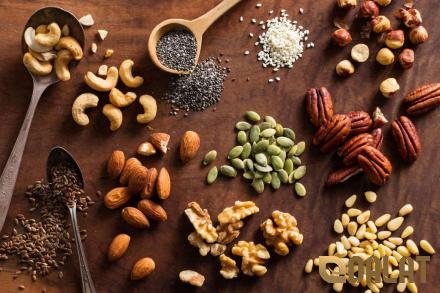 **Potential Health Benefits of Dry Roasted Peanuts for Individuals with Diabetes** In addition to being a low glycemic index snack, dry roasted peanuts offer several potential health benefits that can be advantageous for individuals managing diabetes: 1. **Rich in Healthy Fats**: The monounsaturated and polyunsaturated fats in peanuts can have a positive impact on heart health by helping to lower bad cholesterol levels and reduce inflammation. Maintaining heart health is particularly important for individuals with diabetes, as they have an increased risk of cardiovascular complications. 2. **Source of Plant-Based Protein**: Protein plays a crucial role in building and repairing tissues, as well as supporting healthy blood sugar levels. Dry roasted peanuts are a plant-based source of protein, making them a suitable snack option for individuals following a vegetarian or vegan diet. 3. **Nutrient Dense**: Peanuts are packed with essential nutrients such as vitamin E, an antioxidant that helps protect cells from damage, and magnesium, a mineral that supports nerve function and muscle health. Including nutrient-dense snacks like dry roasted peanuts can help individuals meet their daily nutrient requirements. 4. **Satiety and Weight Management**: The combination of protein, healthy fats, and fiber in dry roasted peanuts can promote feelings of fullness and satiety, potentially reducing overall calorie intake. For individuals with diabetes who are managing their weight, incorporating snacks that promote satiety can be beneficial for calorie control.
**Potential Health Benefits of Dry Roasted Peanuts for Individuals with Diabetes** In addition to being a low glycemic index snack, dry roasted peanuts offer several potential health benefits that can be advantageous for individuals managing diabetes: 1. **Rich in Healthy Fats**: The monounsaturated and polyunsaturated fats in peanuts can have a positive impact on heart health by helping to lower bad cholesterol levels and reduce inflammation. Maintaining heart health is particularly important for individuals with diabetes, as they have an increased risk of cardiovascular complications. 2. **Source of Plant-Based Protein**: Protein plays a crucial role in building and repairing tissues, as well as supporting healthy blood sugar levels. Dry roasted peanuts are a plant-based source of protein, making them a suitable snack option for individuals following a vegetarian or vegan diet. 3. **Nutrient Dense**: Peanuts are packed with essential nutrients such as vitamin E, an antioxidant that helps protect cells from damage, and magnesium, a mineral that supports nerve function and muscle health. Including nutrient-dense snacks like dry roasted peanuts can help individuals meet their daily nutrient requirements. 4. **Satiety and Weight Management**: The combination of protein, healthy fats, and fiber in dry roasted peanuts can promote feelings of fullness and satiety, potentially reducing overall calorie intake. For individuals with diabetes who are managing their weight, incorporating snacks that promote satiety can be beneficial for calorie control.


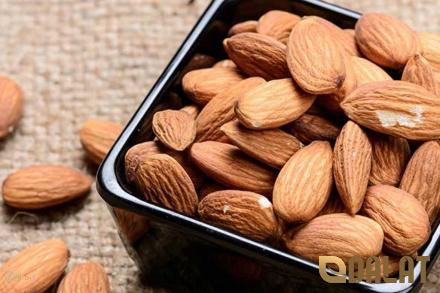
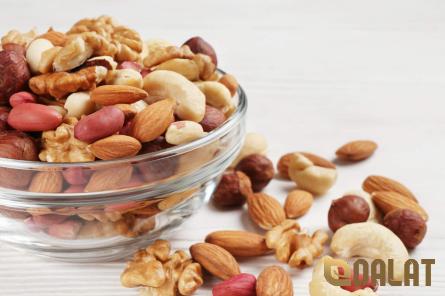
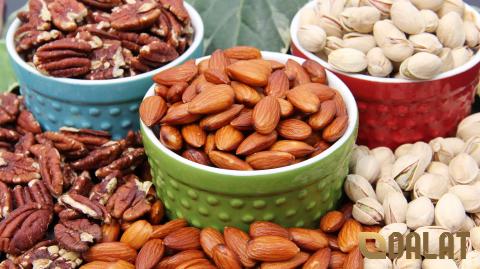


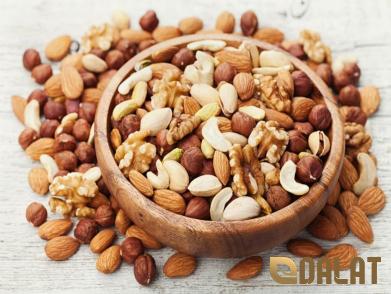
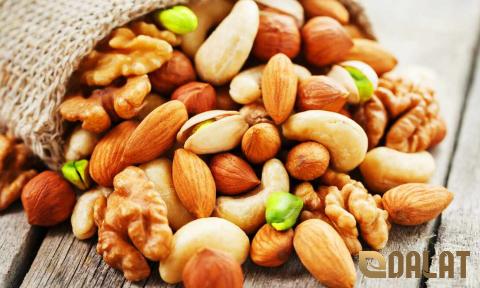
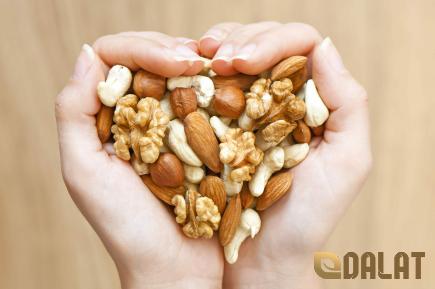
Your comment submitted.